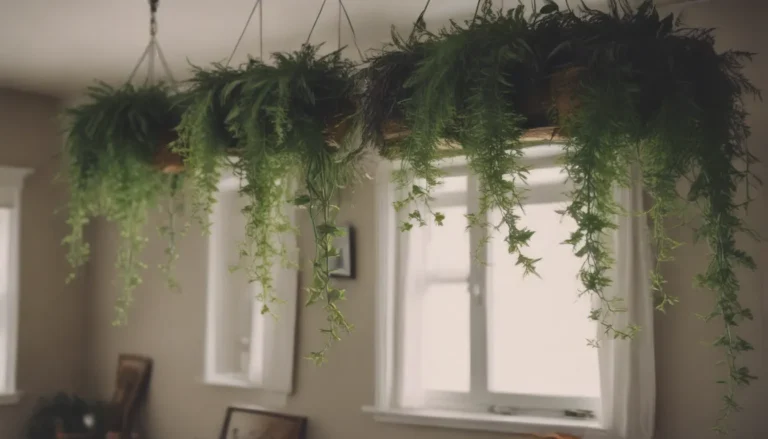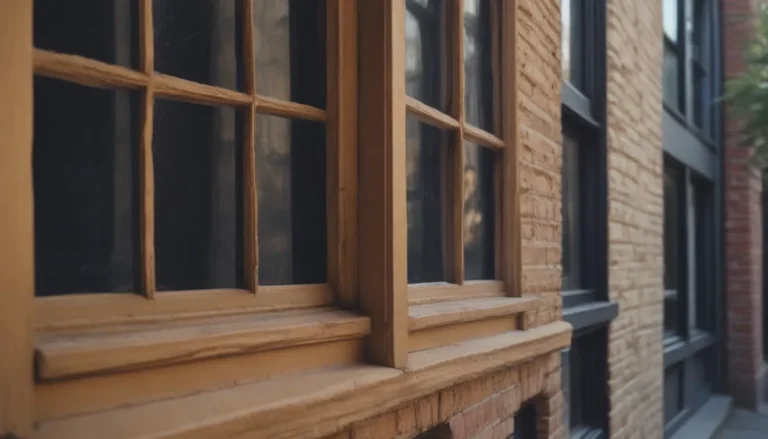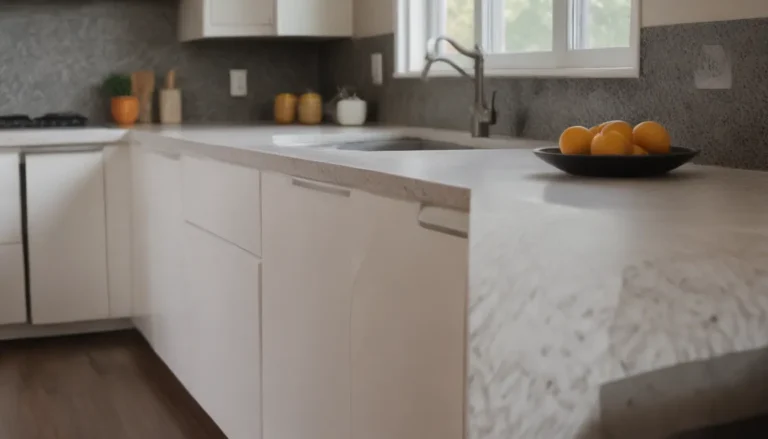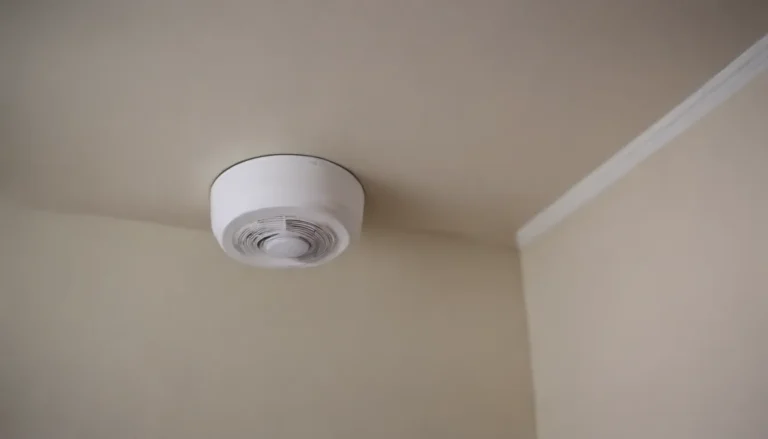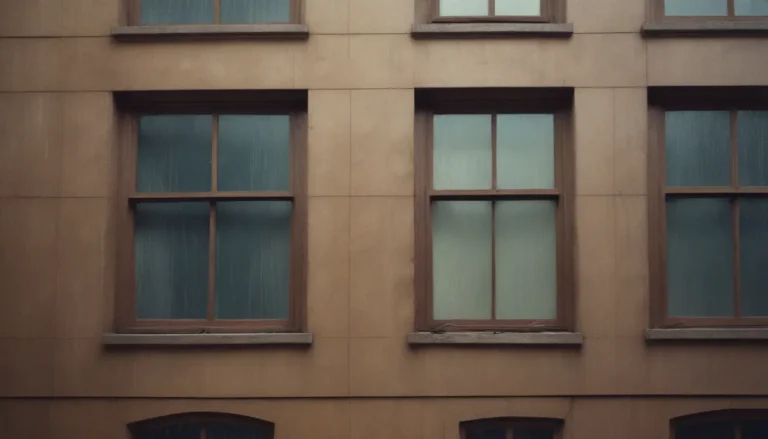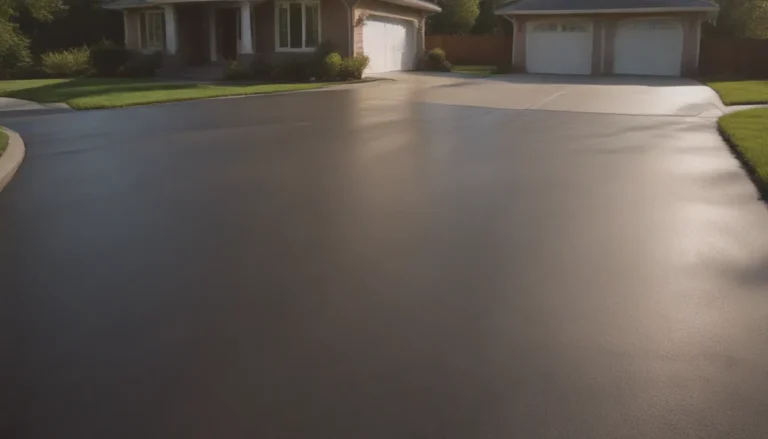8 Different Types of Flooring Tiles for Your Home: A Comprehensive Guide
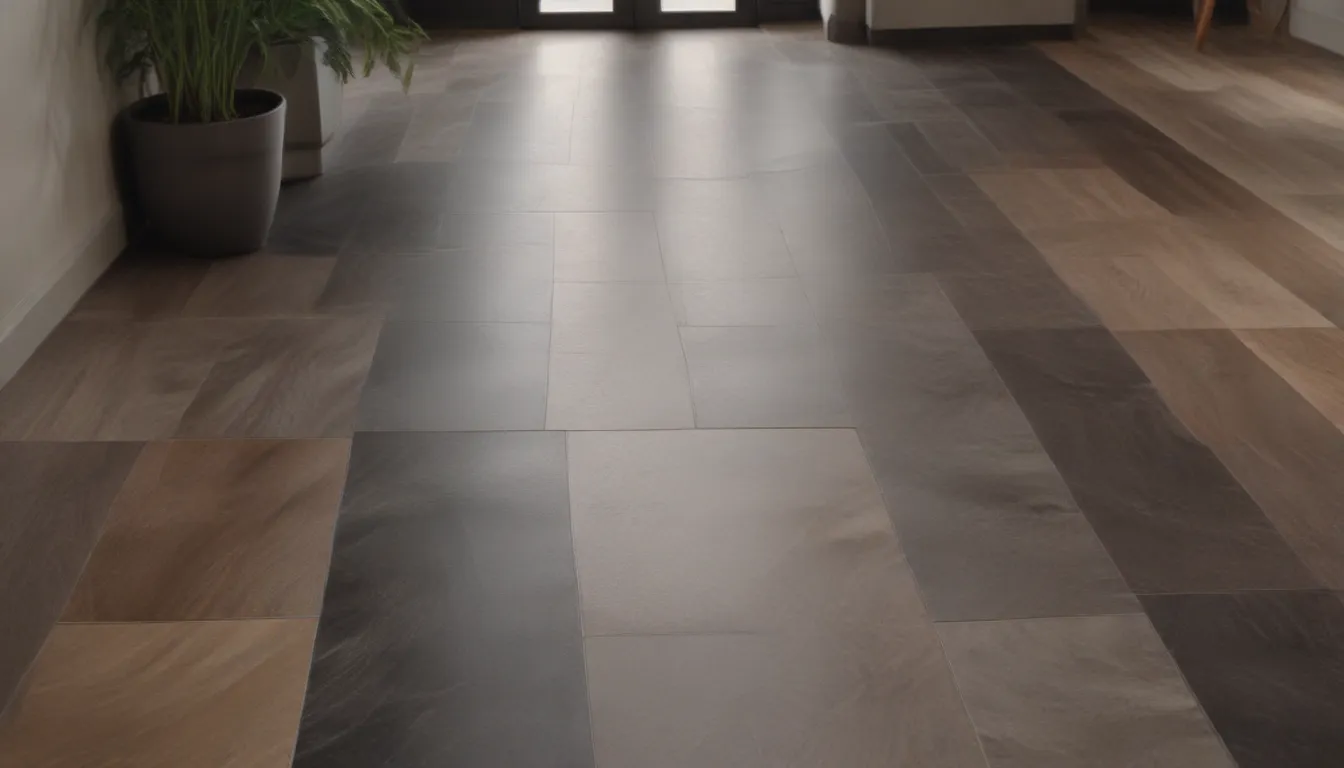
When it comes to choosing the right flooring for your home, the options can seem overwhelming. From ceramic to natural stone, each type of tile offers unique characteristics and benefits. In this in-depth guide, we will explore eight different types of flooring tiles and how to choose the best one for your space.
Ceramic Tile
Best for:
– Versatile flooring options for any room in your home.
– Budget-friendly flooring solution.
– Easy to maintain and clean.
Pros:
– Durable and long-lasting.
– Variety of colors, shapes, and textures available.
– Resistant to stains and water.
Cons:
– Can be slippery if not textured.
– Grout lines can be challenging to keep clean.
Ceramic tile is a classic choice for flooring, made from molded earthen clays fired at high temperatures. It’s important to choose ceramic tiles rated for floor use with adequate texture for slip resistance. The Coefficient of Friction (COF) rating is crucial for determining slip resistance, with a recommended COF of .50 for flooring. Ceramic tiles are cost-effective, starting at $1 per square foot for basic options and going up to $15 for designer tiles.
Tip:
- Consider using a darker grout for floors to prevent discoloration over time.
Porcelain Tile
Best for:
– Areas with high moisture, such as bathrooms and kitchens.
– Premium look with a variety of styles available.
Pros:
– Water-resistant and durable.
– Can mimic the look of natural materials.
– Suitable for both floors and walls.
Cons:
– More difficult to cut than ceramic tiles.
– Higher cost compared to standard ceramic tiles.
Porcelain tile is a type of ceramic tile made from finer clays fired at higher temperatures. It’s a great choice for areas where water resistance is crucial and where a premium look is desired. Porcelain tiles are thicker than standard ceramic tiles and range from $2 to $20 per square foot.
Mosaic Tile
Best for:
– Creating custom designs and patterns.
– Accent areas and borders on floors.
Pros:
– Easy installation with preattached small tiles.
– Adds a decorative touch to any space.
Cons:
– Not ideal for entire floor surfaces.
– More grout lines can be challenging to clean.
Mosaic tile consists of small tiles preattached to a flexible mesh backing, offering an easy way to achieve custom designs. While more commonly used for backsplashes, they can also be used for floors to create decorative accents. Installation costs are similar to porcelain tiles.
Terra Cotta Tile
Best for:
– Rustic and natural look in Southwest or Mediterranean-style homes.
– Outdoor settings like patios and sunrooms.
Pros:
– Affordable option with a unique appearance.
– DIY installation for moderate skills.
Cons:
– Prone to staining if not sealed regularly.
– Cutting requires a motorized wet saw.
Terra cotta tile, meaning “baked earth” in Italian, is made from porous clay with a high iron content. While it offers a natural and rustic look, it requires regular sealing to prevent staining. Terra cotta tiles are relatively inexpensive, starting at $1 per square foot.
Quarry Tile
Best for:
– Engineered version of terra cotta with higher durability.
– Excellent slip resistance for safety.
Pros:
– Impervious to water and stains.
– Low maintenance with no sealing required.
Cons:
– More expensive than terra cotta.
– Difficult to cut due to hard minerals.
Quarry tile offers superior slip resistance and durability, making it a great choice for high-traffic areas. While similar to terra cotta in appearance, quarry tiles are a bit pricier, starting at $3 per square foot.
Natural Stone Tile
Best for:
– Luxurious and high-end flooring options.
– Unique textures and patterns available.
Pros:
– Durable and long-lasting.
– Adds value and elegance to any space.
Cons:
– High maintenance with regular sealing required.
– Not DIY-friendly and professional installation recommended.
Natural stone tile options like granite, marble, and slate offer a luxurious and high-end flooring solution. While they add value to your home, they require regular maintenance and professional installation due to their cost and complexity.
Concrete Pavers
Best for:
– Modern and industrial-style homes.
– Indoor and outdoor use with durable properties.
Pros:
– Safe underfoot with COF rating of .60 or greater.
– Affordable option with a variety of shapes and sizes.
Cons:
– Difficult to cut and usually installed by professionals.
– Limited aesthetic appeal compared to other tiles.
Concrete pavers offer a modern and industrial look, suitable for both indoor and outdoor use. With a variety of sizes and shapes available, they are a cost-effective flooring solution starting at $2 per square foot.
Encaustic Cement Tiles
Best for:
– Highly decorative surfaces with unique patterns.
– Durable and water-resistant properties.
Pros:
– Elaborate designs for accent surfaces.
– Suitable for high-traffic areas.
Cons:
– More expensive due to intricate manufacturing process.
– Requires a powerful wet saw for cutting.
Encaustic cement tiles are decorative and durable options for accent surfaces, offering unique patterns and designs. While they are more expensive, they provide a high-end look to any space.
Choosing the Right Flooring Tile
Several criteria should be considered when choosing the best flooring tile for your project:
- Budget: Determine your budget for materials and installation costs.
- DIY Aspirations: Consider your skill level and if you plan to install the tiles yourself.
- Aesthetic Goals: Choose a tile that matches the overall look and style of your home.
By considering these factors and exploring the different types of flooring tiles available, you can make an informed decision that best fits your needs and preferences.
Whether you’re looking for a budget-friendly option like ceramic tile or a luxurious choice like natural stone, there’s a flooring tile for every style and budget. Invest in a durable and long-lasting flooring solution that adds value and elegance to your home.
